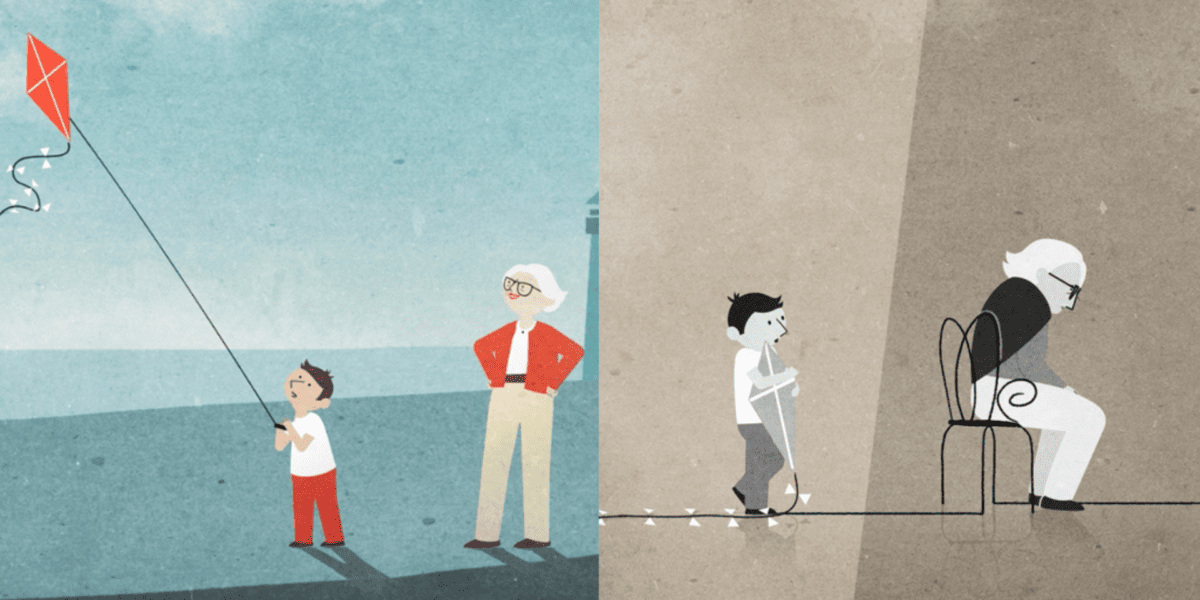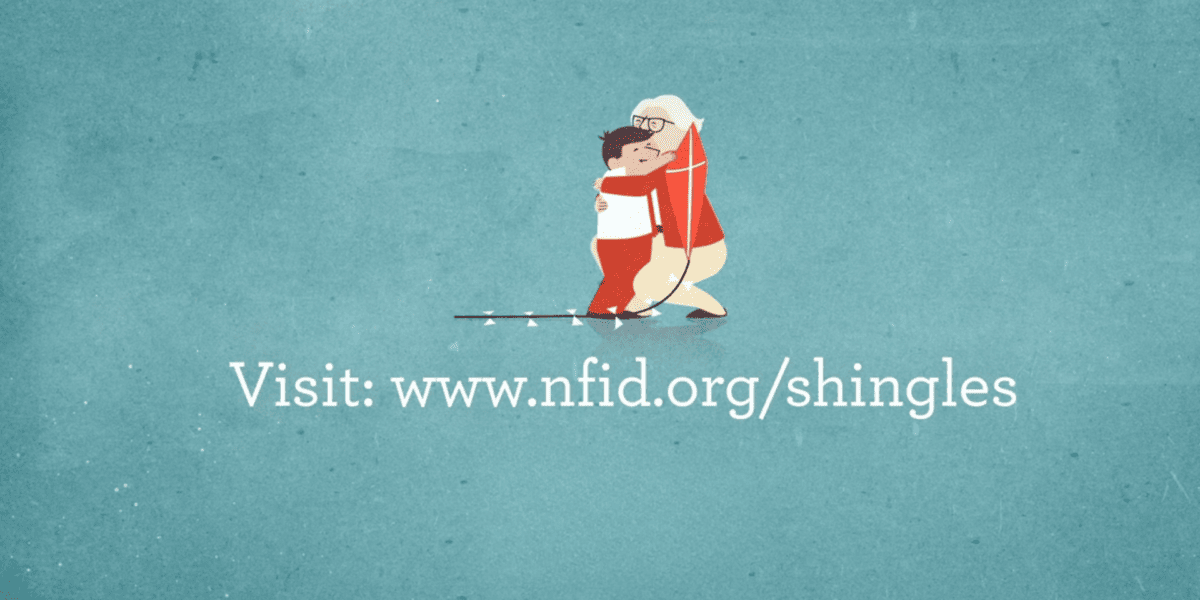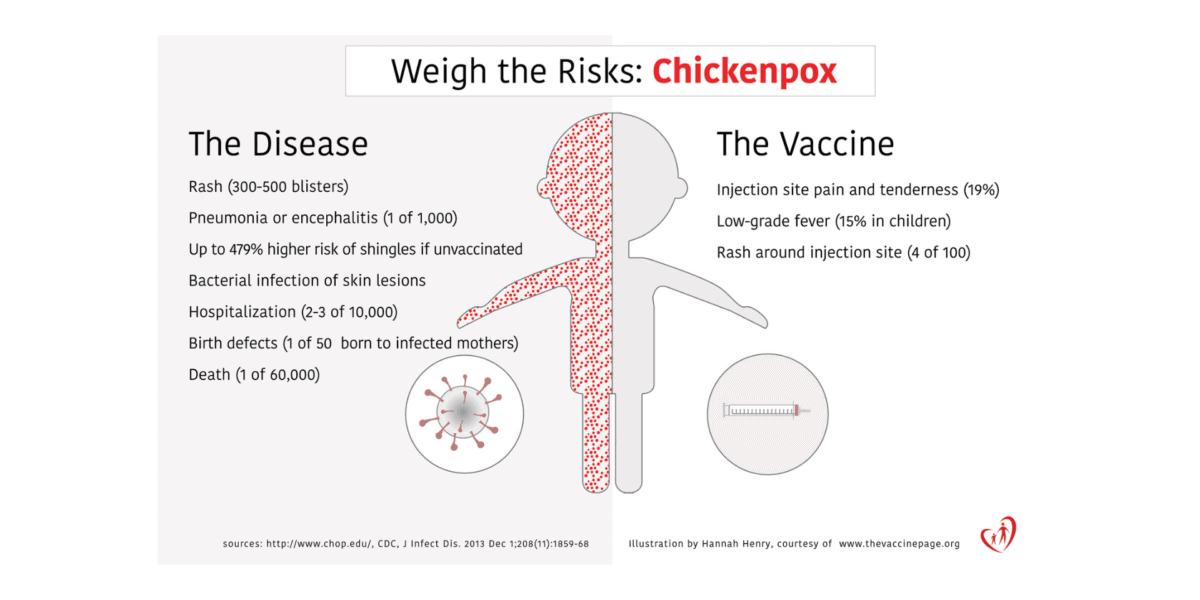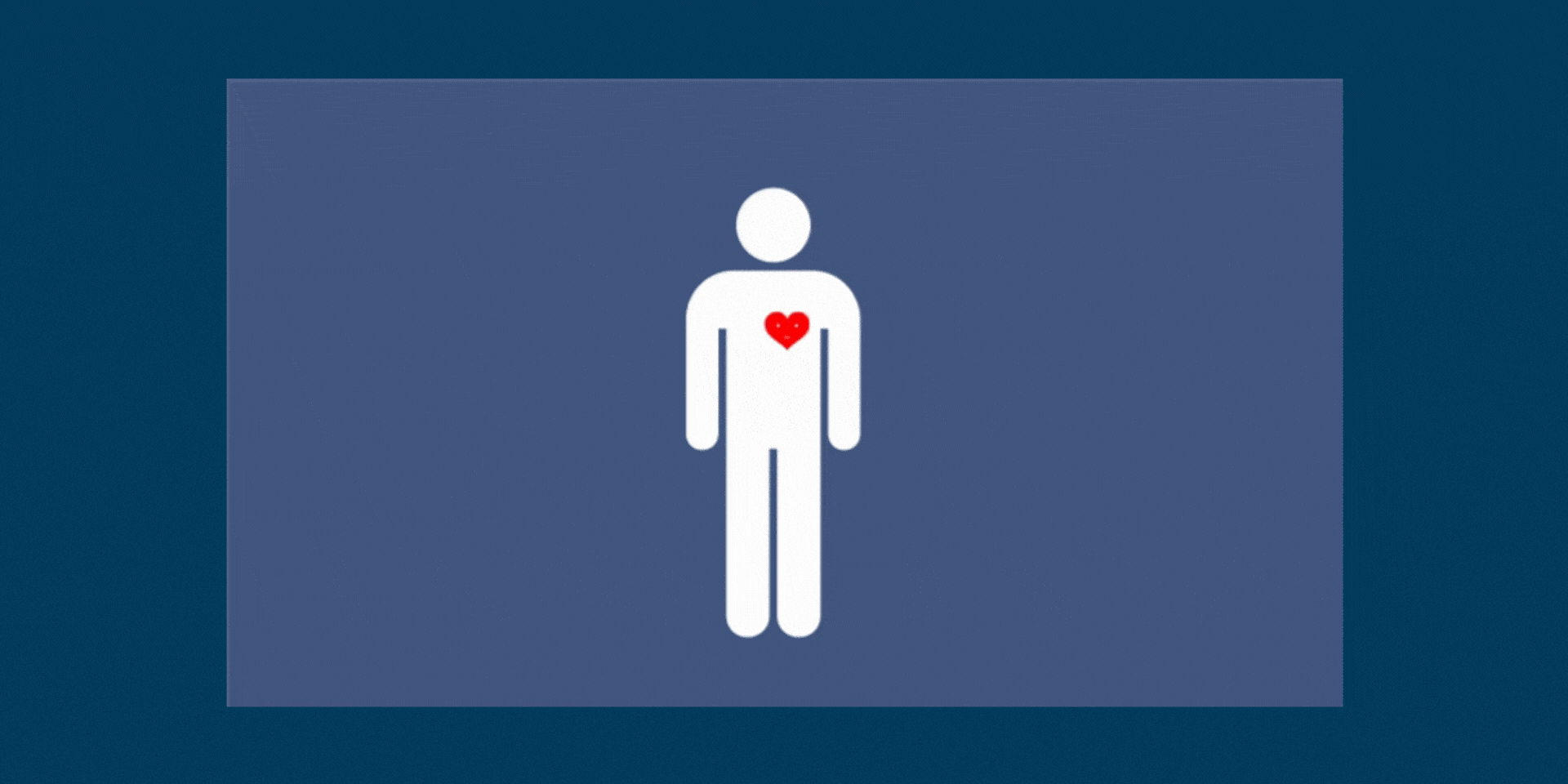
What Is Shingles (Herpes Zoster)?
Shingles is a viral infection that can cause a painful rash. Shingles is caused by the herpes zoster virus—the same virus that causes chickenpox. The virus stays inactive in the body for life and can reactivate years, or even decades later, causing shingles. About 98% of US adults have had chickenpox and are at risk for shingles.
The chance of getting shingles increases with age, which is why shingles vaccination is recommended for all healthy adults age 50 years and older. Shingles vaccine is also recommended for adults age 19 years and older who have weakened immune systems because of disease or therapy. Children can get shingles, but it is not common.
Burden
- About 1 out of 3 people in the US will develop shingles during their lifetime
- Half of the population who lives to age 85 will experience shingles
- Approximately 1 million people get shingles in the US each year
- Up to 4% of people who get shingles are hospitalized for complications. Adults age 65 and over and people with weakened or suppressed immune system are more likely to be hospitalized.
- Shingles causes fewer than 100 deaths annually in the US. Almost all shingles deaths are in older
adults or people with compromised immune systems.
Symptoms
- Shingles causes a painful rash that can be severe. The shingles rash usually develops on one side of the face or body. You may not be able to see the first signs of the rash, but you might feel pain, itching, or tingling in the areas where the rash will develop.
- The virus can cause nerve pain that can last for months or even years. The older you are, the greater your risk of long-term nerve pain. Long-term nerve pain has been described as burning, stabbing, throbbing, or shooting.
- Shingles can also develop in the eyes and cause vision loss.
- Other symptoms include fever, headache, chills, upset stomach, muscle weakness, skin infection,
scarring, and decrease or loss of vision or hearing. - Even after the rash is gone, some may experience a condition called post-herpetic neuralgia (PHN). PHN can cause intense pain where the rash was, and the pain can be very hard to treat, especially in older adults.
Prevention
There is a safe, effective vaccine available to help prevent shingles. Getting vaccinated is the best way to
reduce your chance of developing shingles or reduce your chances of long-lasting pain if you do get shingles.
Shingles vaccination is recommended for all healthy adults age 50 years and older, and for adults age 19
years and older who have weakened immune systems because of disease or therapy.
Even if you have already had shingles, the disease can come back. Those who have had shingles can still
receive shingles vaccine to help prevent future occurrences of the disease. There is no specific length of time you must wait after having shingles before receiving shingles vaccine, but generally, you should make sure the shingles rash has disappeared before getting vaccinated. The decision on when to get vaccinated should be discussed with a healthcare professional.
Treatment
Antiviral drugs are available to treat shingles and shorten the duration and severity of the illness. These
medicines are most effective if you start taking them as soon as possible after the rash appears. If you think you have shingles, contact a healthcare professional as soon as possible to discuss treatment.
Pain medicine, either over-the-counter or prescription, may help relieve the pain caused by shingles. Wet compresses, calamine lotion, and oatmeal baths (a lukewarm bath mixed with ground up oatmeal) may help relieve itching.
Getting vaccinated is the best way to reduce your chance of getting shingles or reduce your chances of long-lasting pain if you do get shingles.
Updated March 2023
Source: Centers for Disease Control and Prevention
Related Resources

What Is an Antiviral?
Overview of antivirals—what they are, how they work, and what diseases they help treat

Don’t Let Shingles Interfere with Your Life
Animated videos on the importance of shingles vaccination for adults

Related Posts

Spread Information, Not Diseases
Vaccines are among the most significant achievements in public health and can help protect against 14 deadly diseases. Share these infographics to help spread information, not disease!

Developing Improved Vaccines for Older Adults
By 2030, the number of adults age 65 years and older in the United States is expected to grow to 71 million—at least 20 percent of the total population. It is particularly important during this stage of life to maintain healthy lifestyles and habits. Receiving recommended immunizations is an essential part of that process.,,

A Heart Healthy Lifestyle Includes Adult Vaccines
Along with Valentine’s Day, February is also American Heart Month, a great time to commit to a healthy lifestyle and make small changes that can lead to a lifetime of heart health. NFID reminds those with heart disease to stay up-to-date on all recommended vaccines, especially flu, pneumococcal, Tdap, and shingles…
